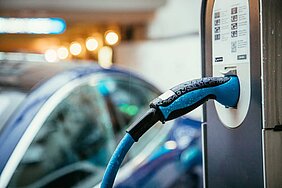The amendments to the AFIR published by the EU Commission in June of this year call for mandatory support of EN ISO 15118 in AC charging stations. The AFIR applies throughout Europe.
The following cut-off dates are relevant and must be taken into account by manufacturers and operators:
- 08 January 2026
Support of EN ISO 15118-2:2016 by all newly installed publicly accessible charging stations - 01 January 2027
Support of EN ISO15118-20:2022 by all newly installed public and private charging stations (Mode3 charging points)
